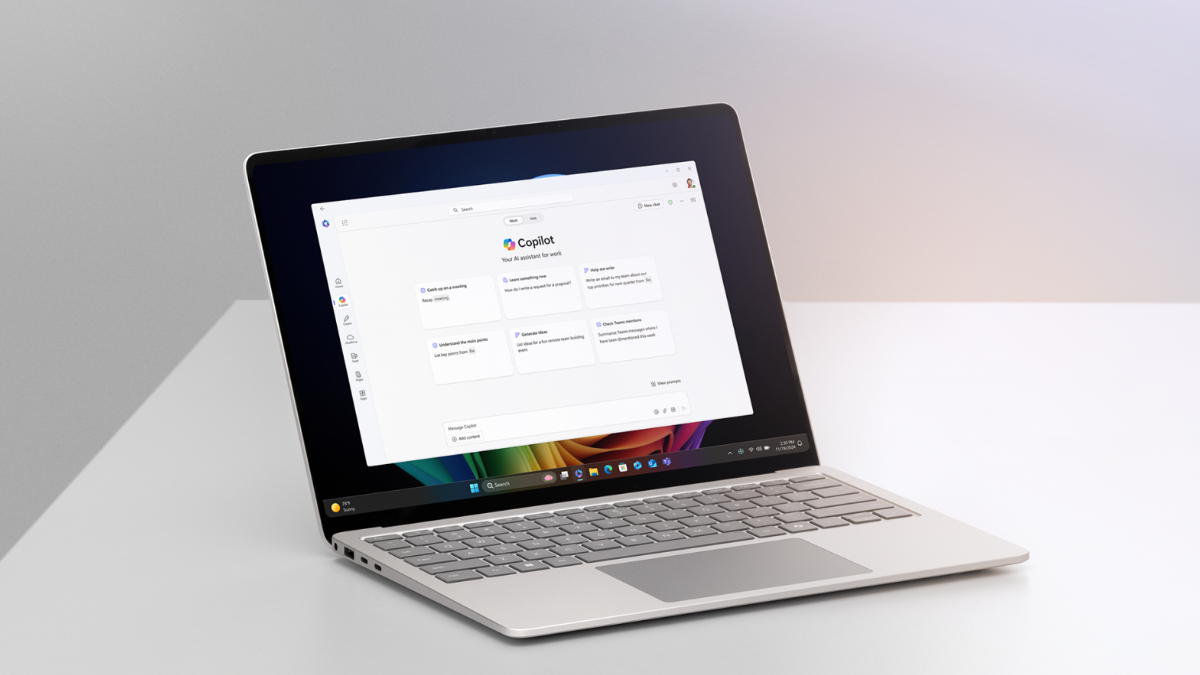Tesla updates the battery warranty for the Model S and Model X
2 min. read
Updated on
Read our disclosure page to find out how can you help MSPoweruser sustain the editorial team Read more

The longevity of batteries has always been an area of concern for EV buyers, with the very early models featuring very poor battery management which left them with a crippling high rate of capacity reductions over time.
Tesla uses sophisticated battery management techniques, including active temperate management and preconditioning, to ensure their batteries last a long time, but there is still inevitable degradation over time.
To reassure buyers Tesla has been offering an 8 year or 150,000-mile warranty on the battery of their high-end models. Today Tesla has updated that warranty to make its failure conditions a bit more explicit.
The page on Tesla’s website now notes:
The Battery and Drive Unit in your vehicle are covered for a period of:
- Model S and Model X – 8 years or 150,000 miles, whichever comes first, with minimum 70% retention of Battery capacity over the warranty period (with the exception of the original 60 kWh battery manufactured before 2015, which is covered for a period of 8 years or 150,000 miles , whichever comes first).
- Model 3 and Model Y Standard or Standard Range Plus – 8 years or 100,000 miles, whichever comes first, with minimum 70% retention of Battery capacity over the warranty period.
- Model 3 and Model Y Long Range or Performance – 8 years or 120,000 miles, whichever comes first, with minimum 70% retention of Battery capacity over the warranty period.
The warranty now notes at least 30% battery capacity degradation is allowed over an 8 year period before the warranty would kick in. The 70% capacity level requirement was already in place for the Model 3. The update only applies on new sales and is not retroactive.
With Tesla working on a million-mile battery some have expected Tesla to increase their warranty, but of course, in practice we know 30% capacity loss is already unusual over this span, with many veteran users will having over 90% battery capacity. The move may have been related to increasingly common commercial use of Teslas in ride-sharing and other applications, which may stress the system more than usual.
Tesla is due to hold a battery day some time in March, where they will be talking about its next-generation battery technology, which is expected to increase the already large gap between Tesla and other car companies, who’s EV efforts have generally fallen short of expectations.









User forum
0 messages